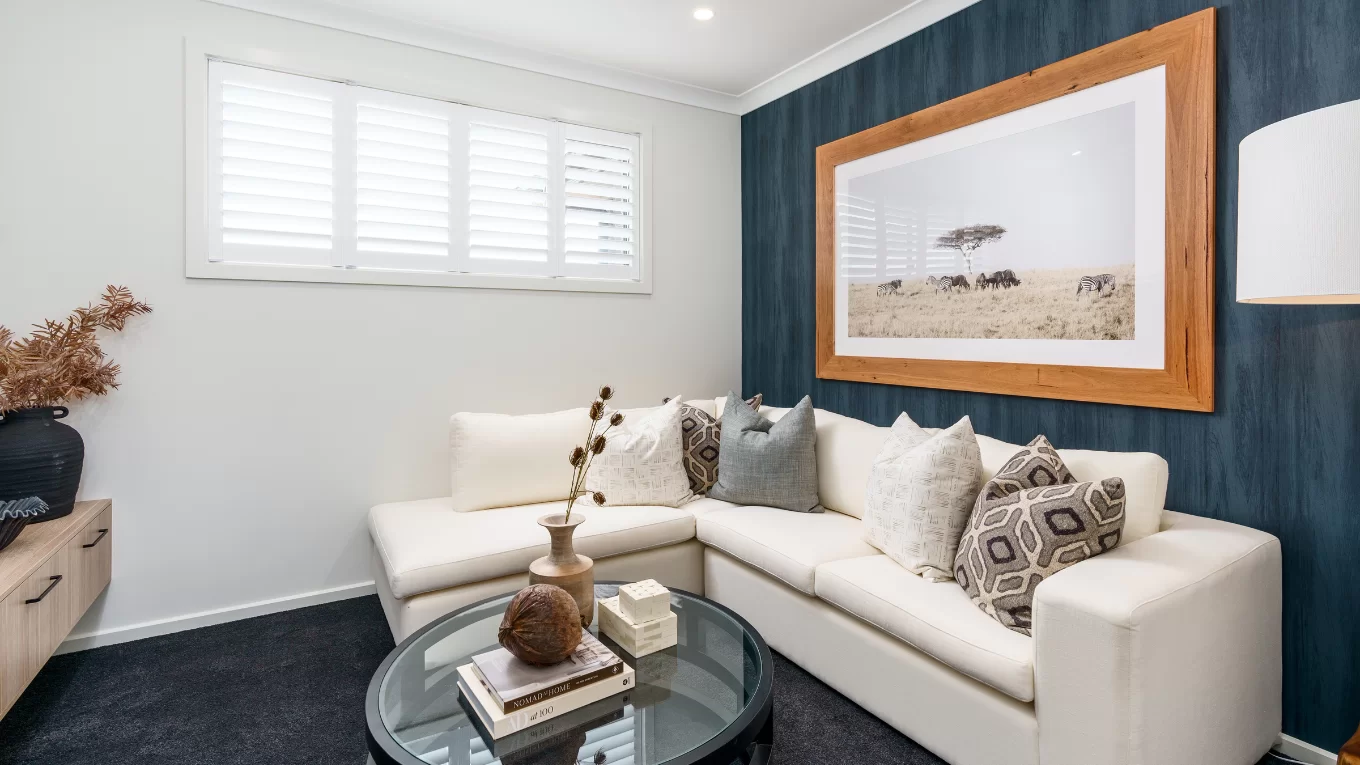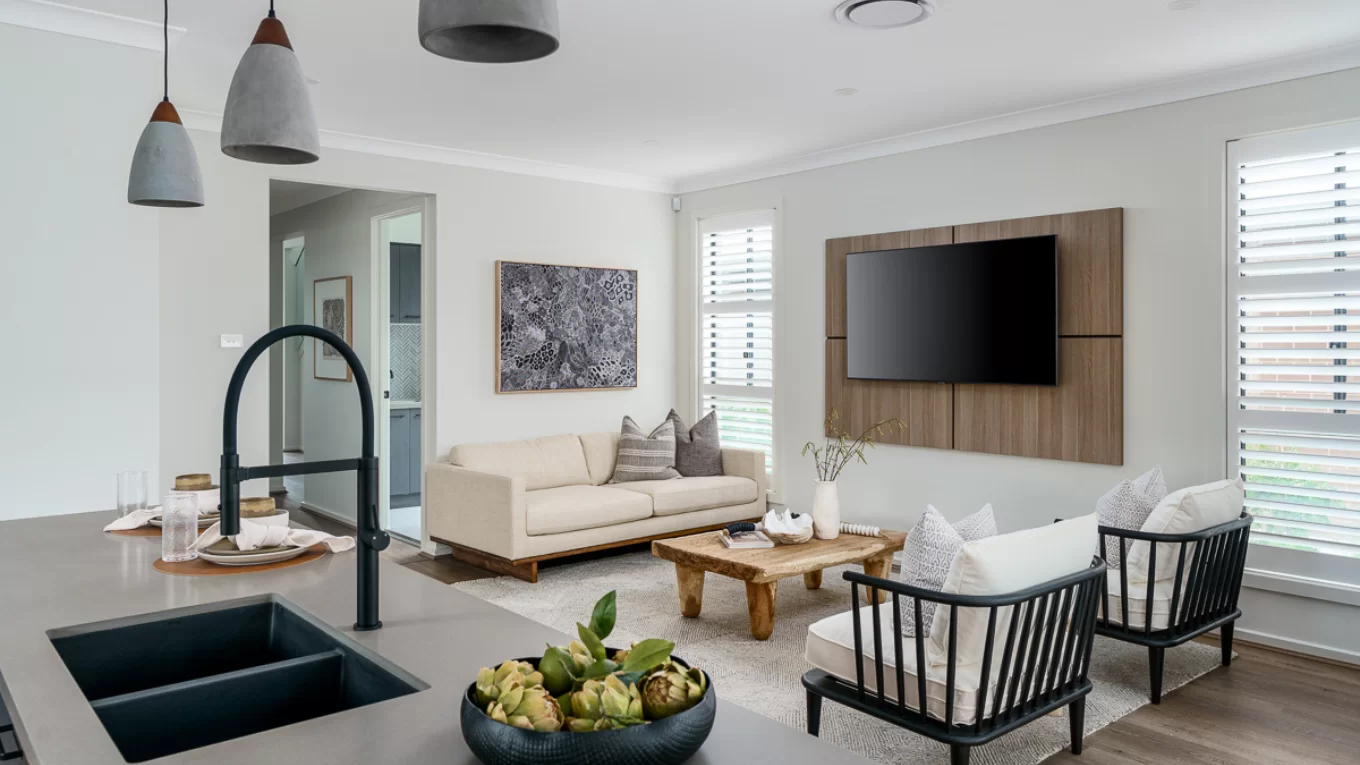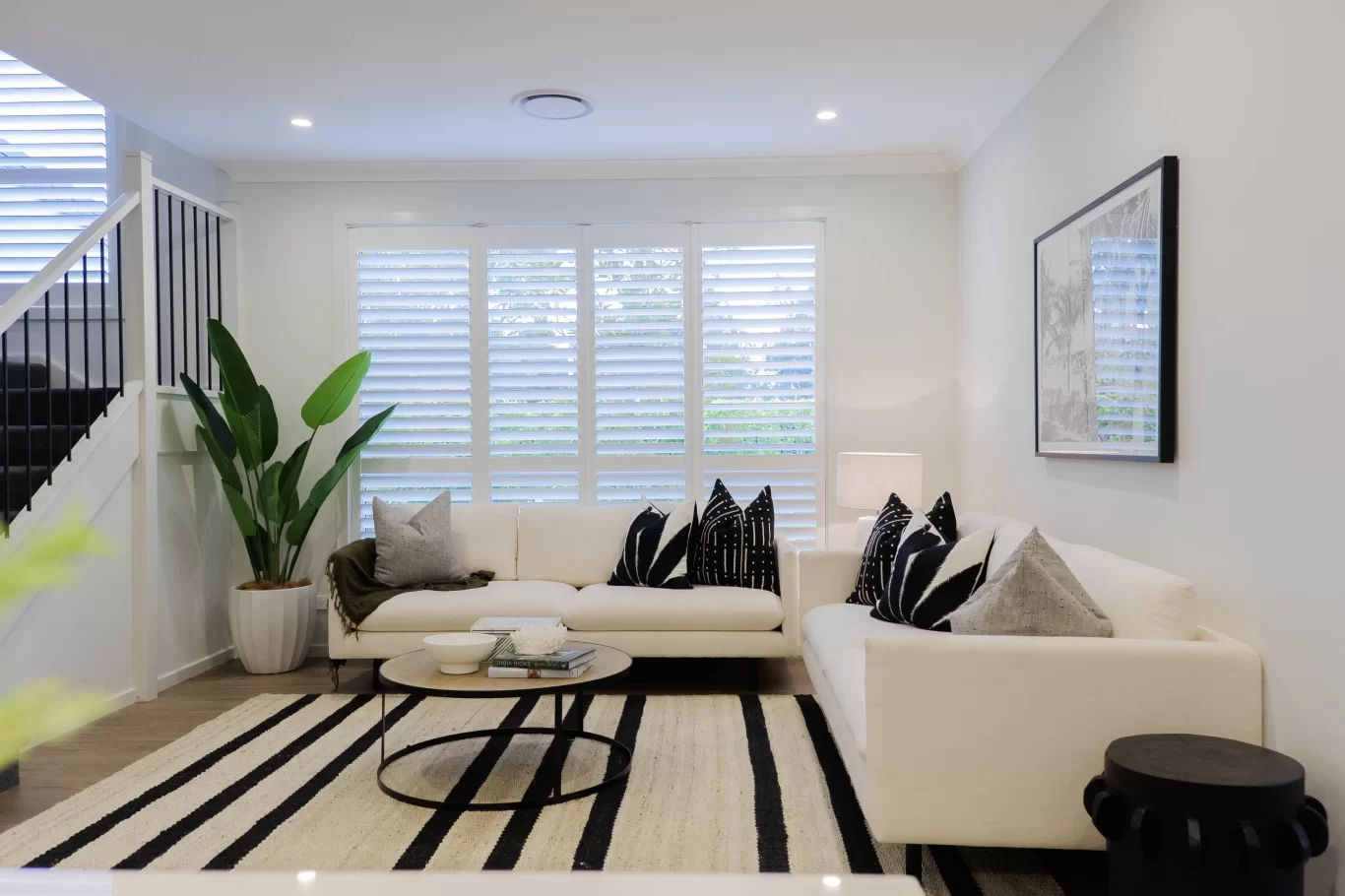So, what is rentvesting?

So, what is rentvesting?
Rentvesting is a term that has been brought to the surface of the property market in the more recent years and has home buyers questioning what exactly it means…
To put it simply, rentvesting is a strategy of living that allows you to purchase a home in a suburb that you can afford, while renting in a location that fits your preferred lifestyle. This practice is growing more popular as purchasing property in the city is becoming awfully difficult for new home buyers. Because home prices surrounding the city are exceeding the average budget for property owners, people or “rentvestors” are buying properties that they can afford and renting these homes to others. Meanwhile rentvestors will continue to rent in their ideal suburb, playing the role of both a landlord and tenant.
Why you should become a Rentvestor
Purchasing as a rentvestor comes along with a variety of long-term benefits. To begin, rentvestors generate income from both their tenants who are renting their property as well as the tax benefits they receive as Investment property owners. Although the idea of rentvesting may seem financially strenuous as you are required to pay both rent money and a mortgage, the cash flow has proven to be far better in the long-term than occupying your purchased home. Additionally, the cost of your tenants rent will compensate the cost of your mortgage repayments, while the value of the property will organically grow on the side. This will allow you to make money on the side and use a portion of your sole income to pay rent in a location that you love to live in!
Advantages of Rentvestment
- Choose your location: As a rentvestor you can live in your preferred suburb and indulge in its lifestyle without sacrificing the affordability.
- Multiple streams of income: When rentvesting, you receive income from your tenants as well as tax benefits for being an investment property owner.
- Situates you in the property market: Instead of saving more to live in your preferred area and postponing your purchase, rentvesting allows you to get into the market sooner and therefore grants you more time for predicted capital gains.
- Build wealth on the side: If you were already renting prior to purchasing your property, this hardly modifies your spending schedule.
- No maintenance costs: As a tenant, you will not need to worry about any maintenance costs as this is up to your landlord to rectify.
Disadvantages of Rentvestment
- Less living security: With renting comes the disadvantage of unstable living. If your landlord decides to sell, increase rent costs or move in, then this puts in you in a position where you will need to adapt quickly.
- Not applicable for FHOG: Unless you are occupying your property for the first year, rentvestors aren’t eligible for the First Homeowners Grant which is strictly applicable for new home buyers depending on whether they meet the criteria. To learn more, read on here: http://www.firsthome.gov.au
- Home ownership costs: As the owner of your investment property, you will need to manage the costs and expenses for maintenance. This includes costs related to water, electricity, and any wear & tear issues.
- Capital Gains Tax (CGT) liability: If you decide to sell your investment, you will need to pay tax on capital gains, as you don’t usually need to pay CGT on most owner-occupied properties.
What you should consider before Rentvesting
When it comes to implementing strategies that involve financial adjustments, we always recommend speaking with a financial advisor before making any rash decisions. Rentvesting demands a degree of preparation, information, and organisation; and you will still be required to financially prepare for the usual costs associated with purchasing a property beforehand.
Things that we recommend you consider before committing to rentvestment include:
- Primary income: Does your line of work provide enough income for you to rent, while ensuring that your mortgage repayments are covered?
- Value of your investment property: Will you be able to lease your property for the price that you planned? Is it worth the value you believe it is?
- Additional costs: There are a variety of additional costs that may arise for the management and maintenance of your investment property over time. It’s best to allocate some budget aside for this prior to rentvesting.
- Capital growth potential for your investment: Ensure that your investment property is in an area with potential for capital growth and a strong rental return; otherwise, this would defeat the whole purpose of rentvesting in the first place.
Reach Out

Reach Out
Ultimately, any strategy that involves investing comes with a degree of unpredictability, however, the idea of rentvesting is becoming more recognised in current financial and property sectors. At Domaine, we provide internal financial advice to our clients and have a team of experienced professionals behind us to help you! Reach out today to speak with one of our experts!








